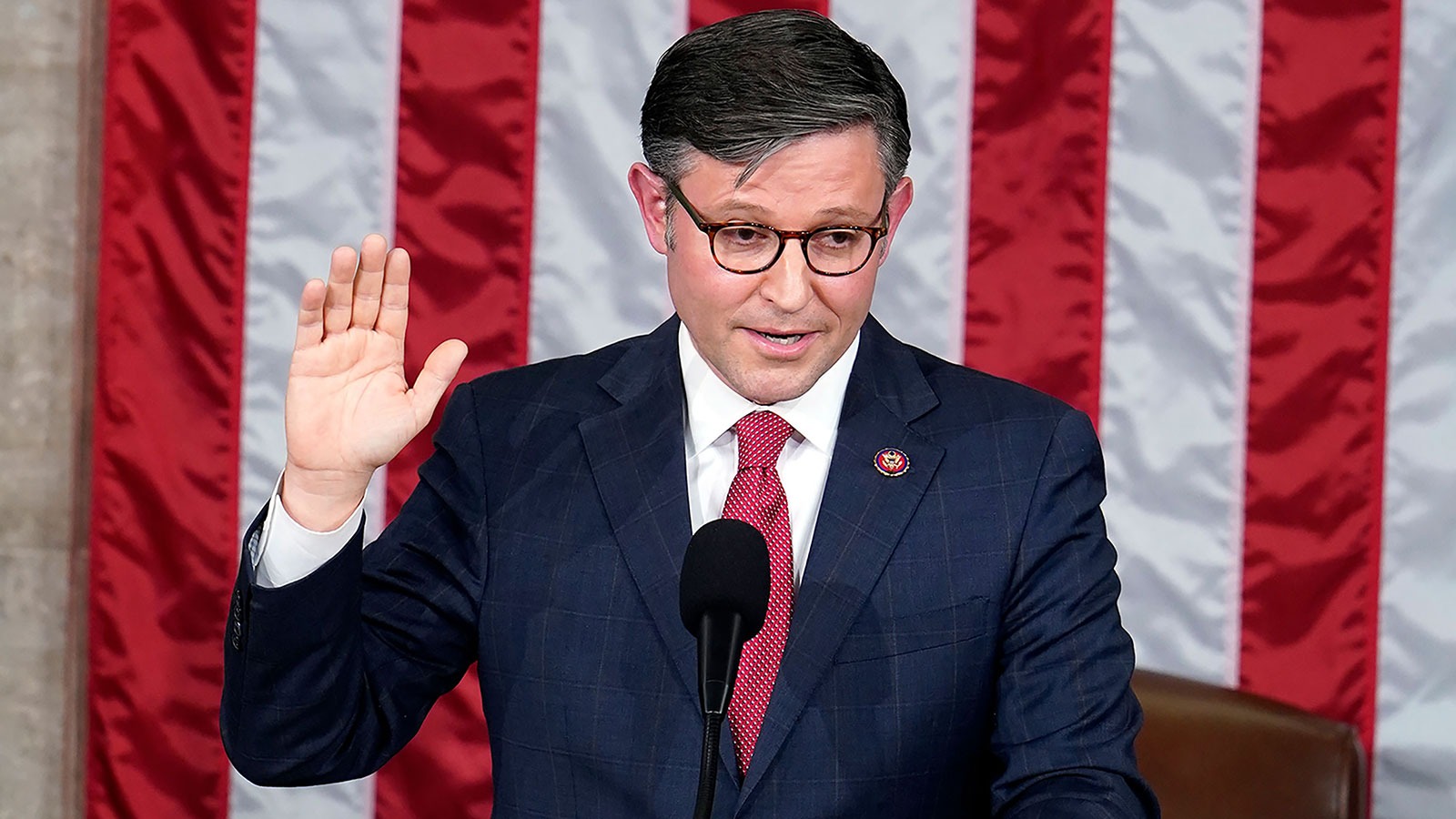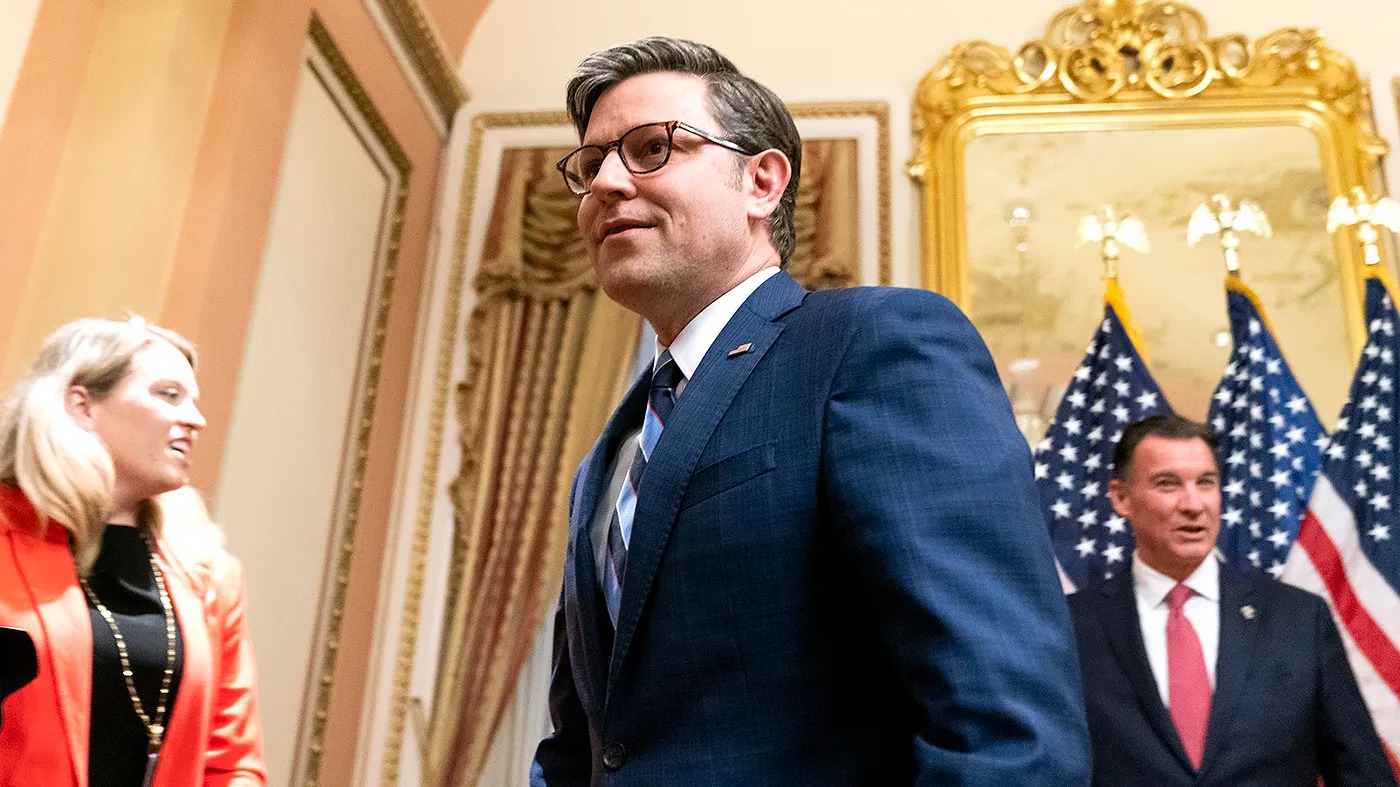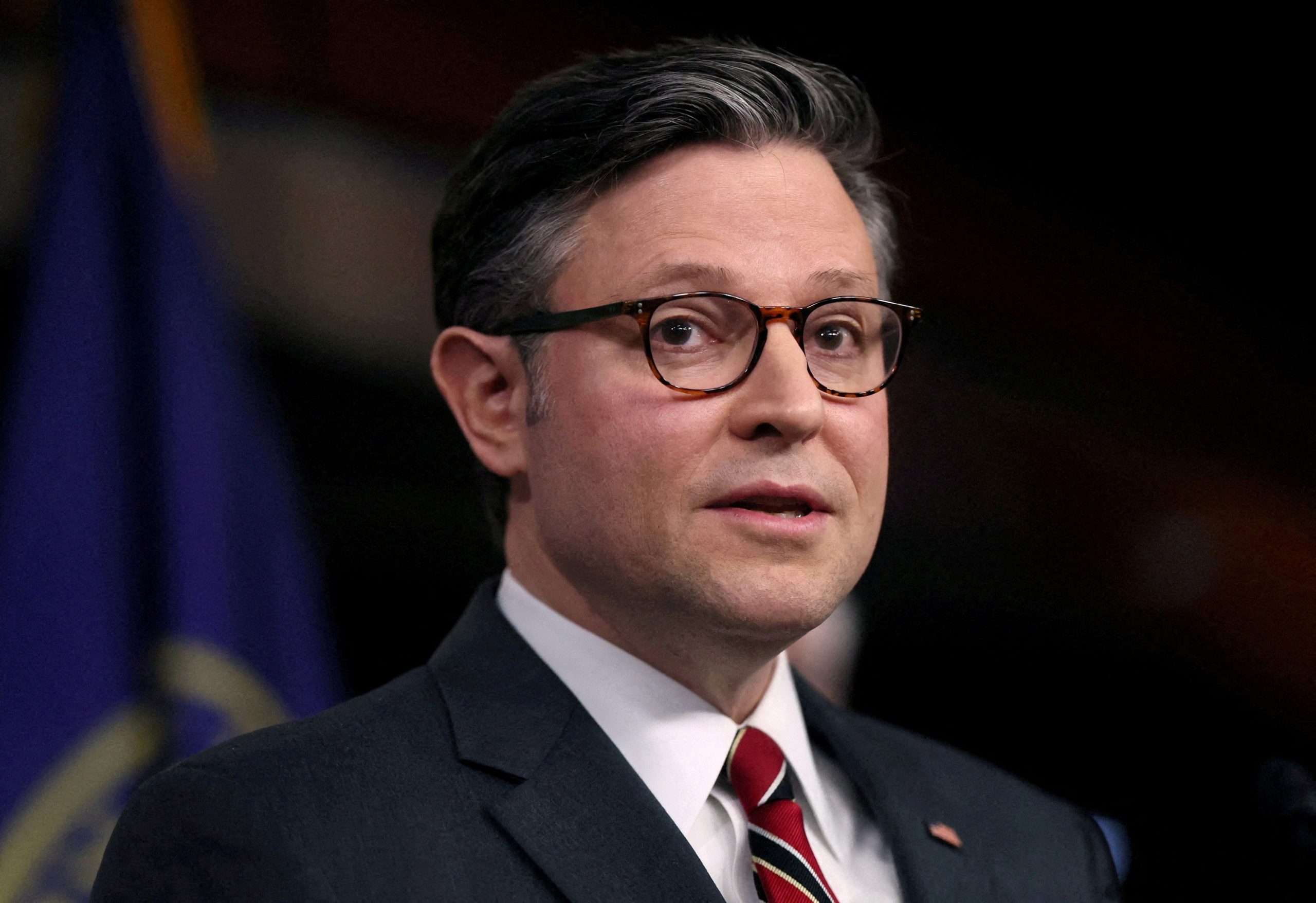As Congress reconvenes, the spotlight falls on a critical decision: allocating aid to Ukraine. This aid’s direction and shape will spark debate and anticipation across party lines. The crux of the matter lies in how to effectively support Ukraine despite differing opinions on foreign aid, with discussions also encompassing assistance to Israel.
Previously, the Senate approved a comprehensive aid package for Ukraine, Israel, and Taiwan in February. Despite this, the House plans to chart its course. Leading the charge, Johnson hints at the possibility of segregating the aid for Ukraine and Israel, allowing for distinct deliberation and voting processes on each.

House Speaker Johnson (Credits: CNN)
A slew of innovative strategies are under consideration to bolster Ukraine. These include transforming some of the aid into loans and utilizing seized Russian assets for Ukraine’s reconstruction efforts. An intriguing proposal also suggests reviving new liquefied natural gas export projects, which are currently on hold.
The path forward is uncertain, as even some Republican legislators admit to being in the dark about the bill’s final form. An outstanding challenge comes from House GOP members like Rep. Marjorie Taylor Greene, who opposes further financial support for Ukraine. Greene’s stance underscores a broader debate on fiscal priorities, juxtaposing national debt concerns with international aid commitments.
The Procedural Methodology for Advancing the Legislation
The procedural approach to passing the bill is also a topic of discussion. Johnson considers leveraging a rule that demands a two-thirds majority for approval, setting a high bar for consensus.
Additionally, the REPO Act emerges as a potential tool for redirecting frozen Russian assets to fund aid for Ukraine. However, due to legal and logistical hurdles in the European Union, this alone may not suffice.

Speaker Johnson (Credits: The Hill)
The conversation extends to the nature of the aid itself. Johnson advocates for a shift towards loans, emphasizing a reciprocal financial relationship rather than unilateral support.
This echoes historical precedents, such as the World War II lend-lease system, facilitating military support to allies. The revival of this model for Ukraine suggests a blend of historical strategy and contemporary necessity.
The debate intertwines with domestic energy policies, as some propose linking Ukraine aid to reconsidering restrictions on new liquefied gas projects. The White House opposes this proposal, supporting maintaining the current pause on permits. The intricacies of these discussions reflect the balancing act between domestic priorities and international responsibilities.
As these debates reveal, the outcome will impact U.S. foreign policy and its approach to aiding Ukraine. The decisions made in the coming days will shape the future of U.S.-Ukraine relations and the broader geopolitical landscape, underlining the weight of congressional action in these turbulent times.



























